Do not outsource production and then import for assembly.
On the afternoon of June 18, the National Assembly discussed the draft Law on Railways (amended) in the hall. At the meeting, delegate Hoang Van Cuong ( Hanoi ) was interested in Clause 9, Article 5 of the draft law, which stipulates exemption of import tax on goods serving railway projects that cannot be produced domestically.
According to Mr. Cuong, currently, Vietnam does not have a railway industry, so all goods and equipment, including products on the list that the State plans to order, cannot be produced domestically.
Delegate Hoang Van Cuong (Hanoi). Photo: Nhu Y |
Therefore, if the regulation is as above, it is very likely that businesses will outsource production and then import for assembly. 'That will kill the domestic railway industry', Mr. Cuong commented.
From there, the delegate proposed to add a regulation: It is not allowed to import products, goods, services, including components for assembly into products, goods, services on the list of state-assigned tasks and orders for Vietnamese organizations and enterprises.
Regarding Clause 3, Article 26, Mr. Cuong agreed with the assignment of the provincial People's Committee to organize the establishment, appraisal, approval, and adjustment of the TOD area planning for national and local railways. At the same time, the People's Council is allowed to decide to use the local budget to implement compensation, site clearance for TOD areas, and create land funds for auction in accordance with the law.
“This regulation will allow the exploitation of land advantages around stations when railways run through. Organizing auctions and bidding for land funds in TOD areas will select investors who use land most effectively, while also regulating benefits from land to the state budget,” said Mr. Cuong.
However, he was also concerned when Clause 5, Article 25 stipulates: For national railways, the People's Committee of the province where the railway project passes through has the right to appoint investors to build the railway and carry out the urban development project in the TOD area.
According to him, if the regulations are like this, it is very likely that businesses register to invest not because of the railway but because they want to use the land to build TOD urban areas.
Therefore, Mr. Cuong proposed to remove this regulation and if investors want to be preferential, they should add clause 3, article 26: Railway investors will be given priority when participating in auctions and bidding for urban projects in the TOD area.
Avoid giving to private but transfer
At the discussion session, delegate Nguyen Minh Duc (HCMC) said that completing the legal corridor to unlock resources, synchronize planning, and connect economic zones is an urgent requirement. This is also the legal foundation for implementing key national projects, such as the North-South high-speed railway, urban railway, Lao Cai-Hanoi-Hai Phong railway, etc.
"Opening up private participation in railway projects has the advantage of mobilizing capital, because railway projects require a lot of capital," Mr. Duc emphasized this, but also suggested having "very strict" regulations, especially related to security and national defense.
However, it is necessary to avoid cases where the project is assigned to the private sector and then transferred or sold to other investors, including foreign investors.
Sharing the same concern, delegate Pham Van Hoa ( Dong Thap ) also said that there should be preferential and outstanding policies for investors investing in railways. This is very necessary, because the characteristics of railways require a very large amount of investment capital.
However, Mr. Hoa suggested considering the regulation that the Government guarantees credit capital for investors. If the investor is a 100% state-owned enterprise, it can be guaranteed. But for private investors, what will happen if they unfortunately "go bankrupt"?
“In my opinion, capital incentives can be low interest rates, even if investors need it, the state can ‘inject capital’ but must calculate interest, there must be conditions. The state guarantees credit capital for investors who are state-owned enterprises, which is dangerous, let alone guarantees for private enterprises,” Mr. Hoa said.
Accepting and explaining, Minister of Construction Tran Hong Minh said that railway investment has a very long capital recovery period, such as the North-South high-speed railway, according to calculations, the capital recovery period will take 140 years. Therefore, it is necessary to harmonize the interests of all parties, in which the TOD solution will bring 'double benefits'.
Sharing the concerns of the delegates, the Minister affirmed that there would be no case of investors participating and then selling to foreign investors. “The Government will closely coordinate with the appraisal agency and relevant agencies to complete the draft law to submit to the National Assembly for consideration and approval at this session,” said the Minister of Construction.
Luan Dung
Source: https://tienphong.vn/can-co-chinh-sach-uu-dai-vuot-troi-cho-nha-dau-tu-duong-sat-post1752463.tpo


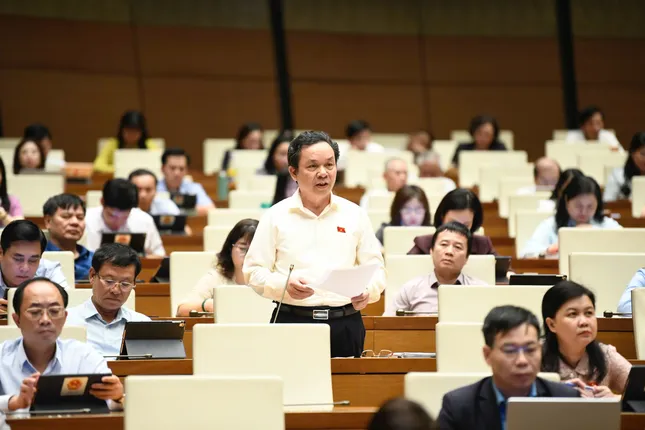


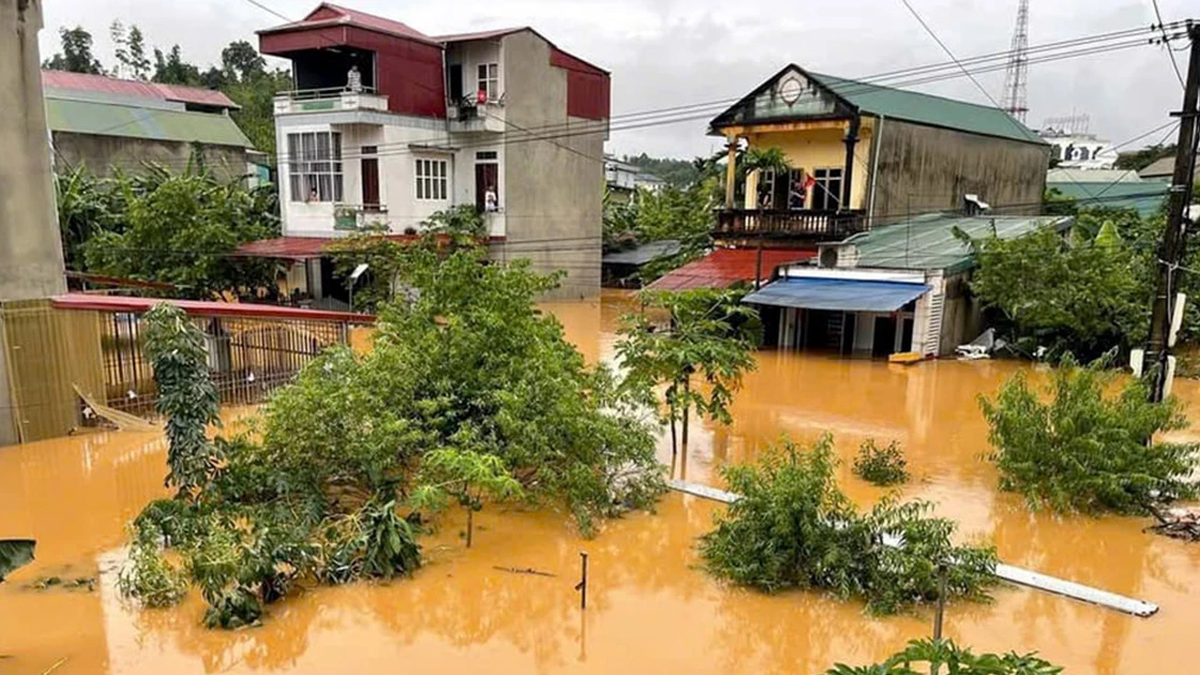
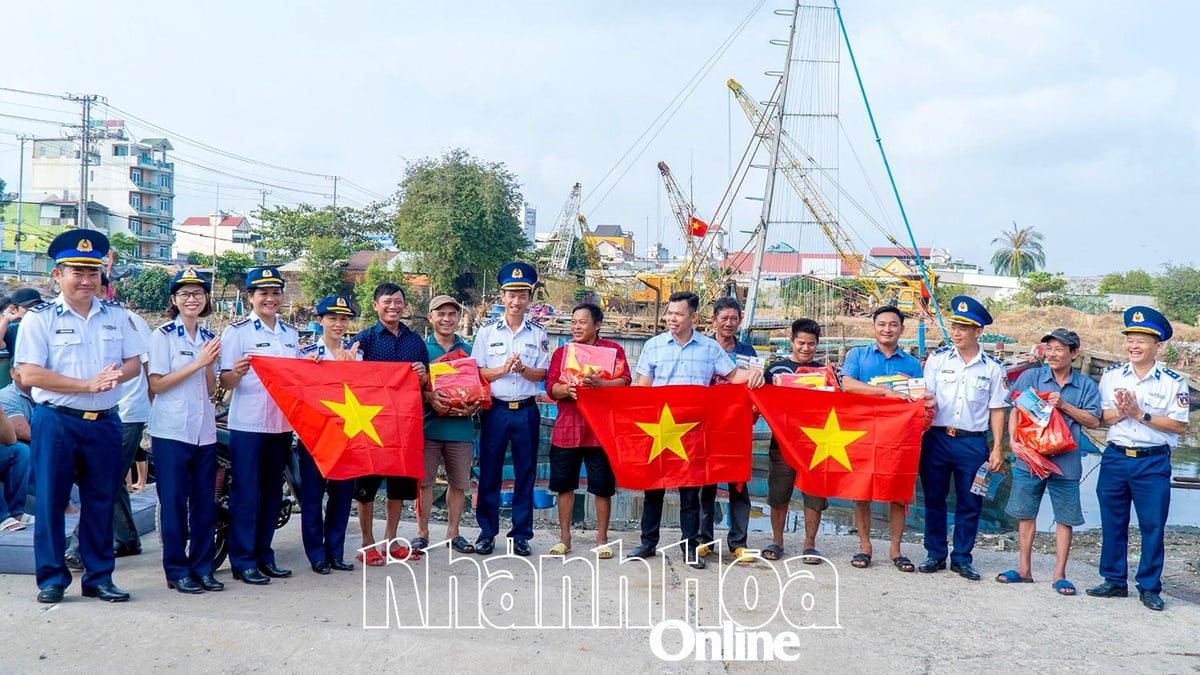
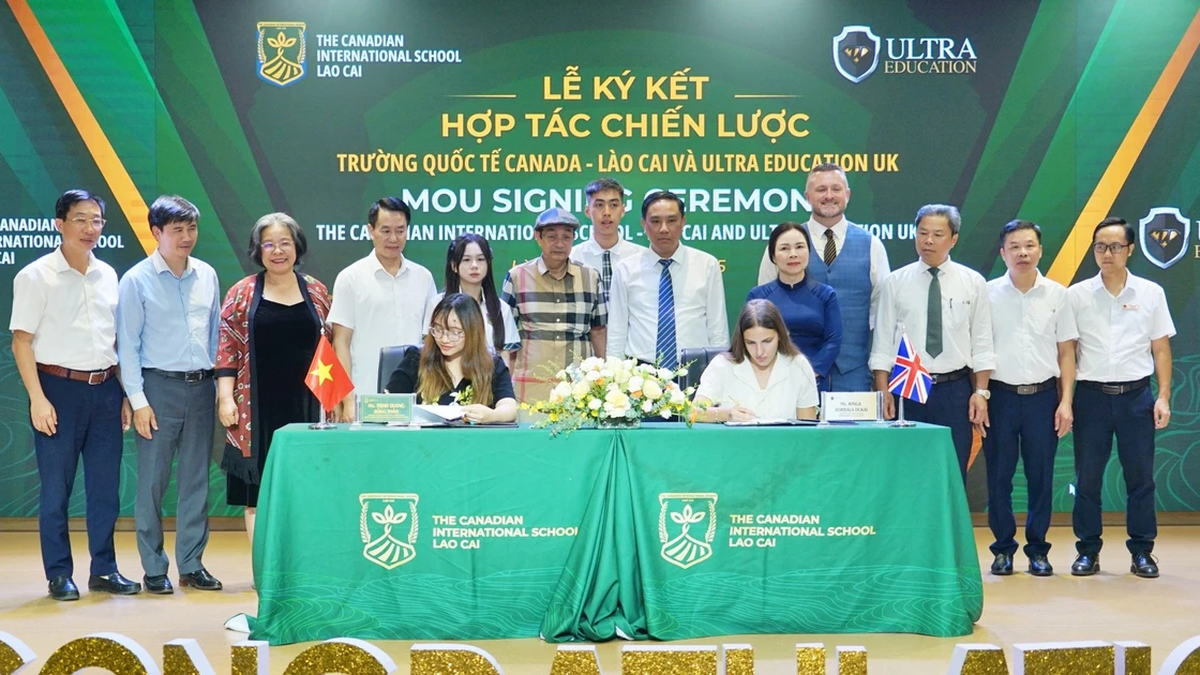
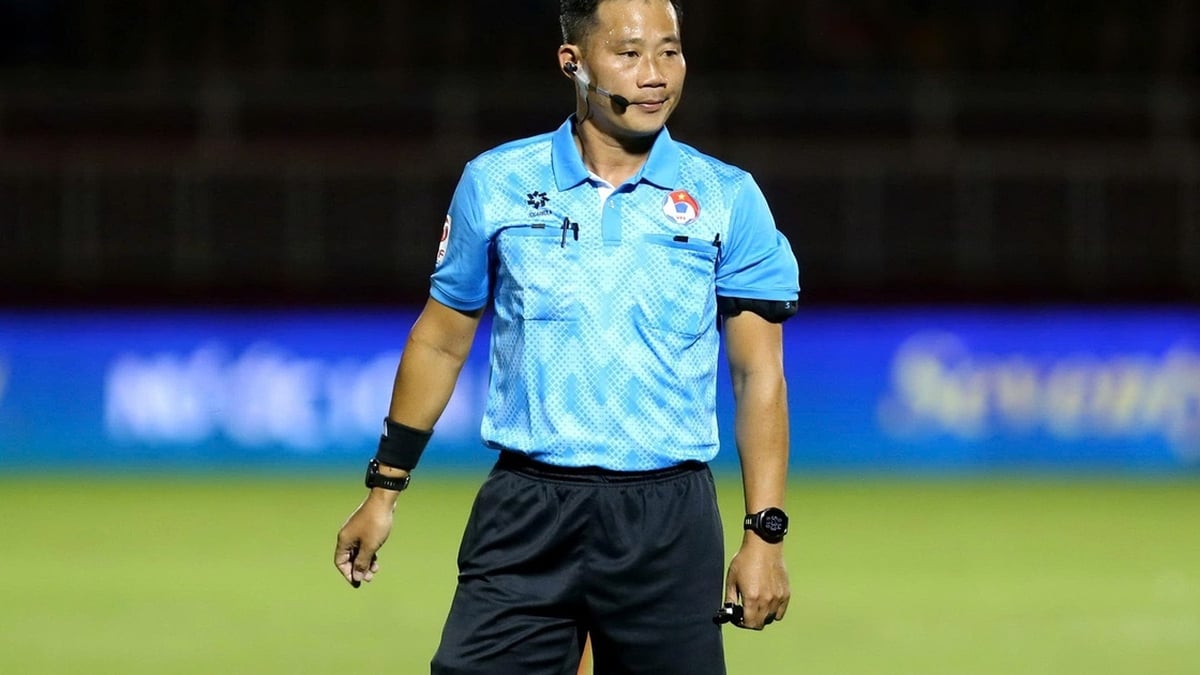
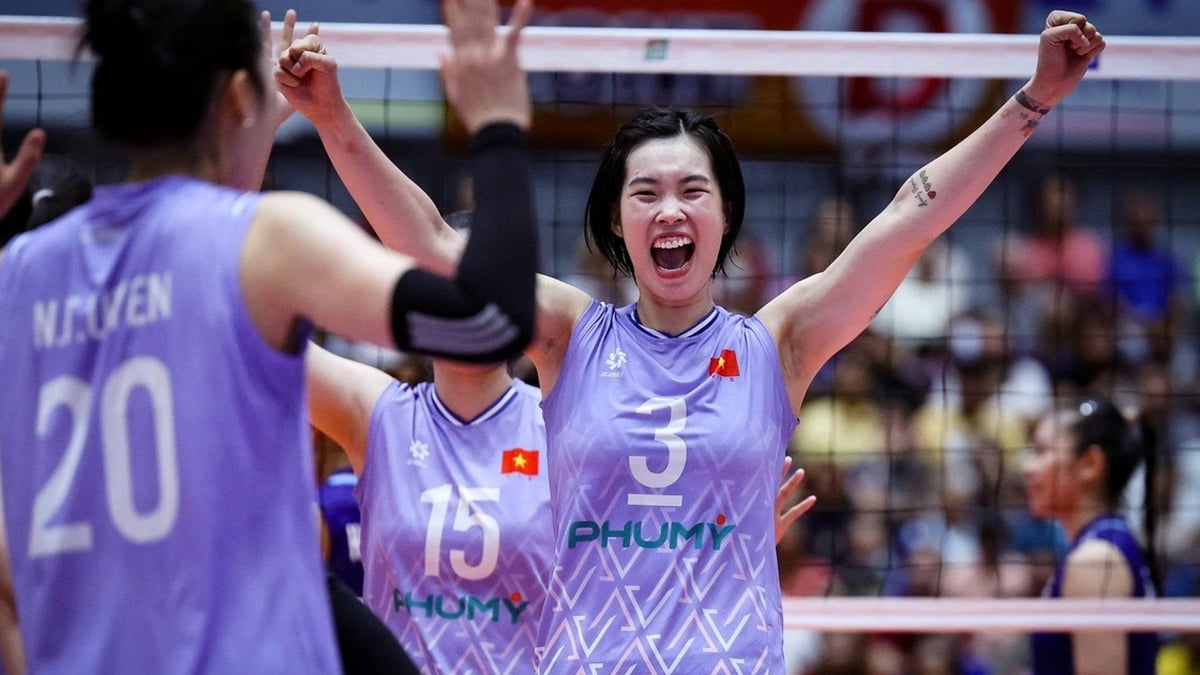






































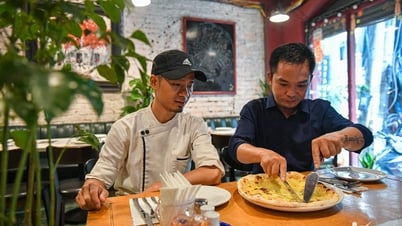






![[Maritime News] Two Evergreen ships in a row: More than 50 containers fell into the sea](https://vphoto.vietnam.vn/thumb/402x226/vietnam/resource/IMAGE/2025/8/4/7c4aab5ced9d4b0e893092ffc2be8327)

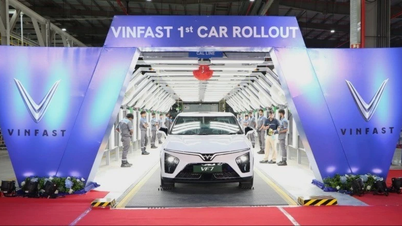


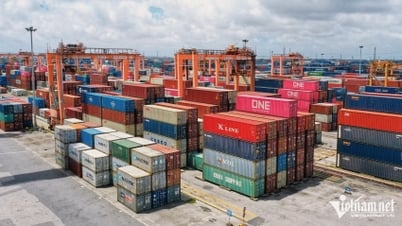
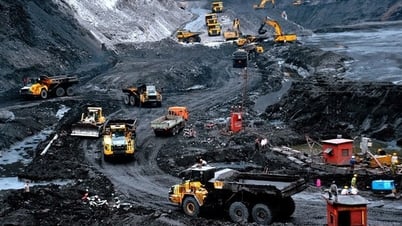


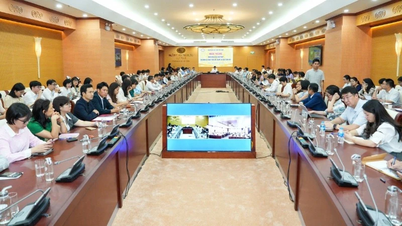

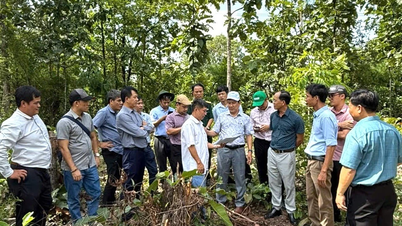

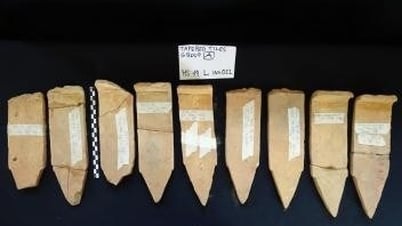
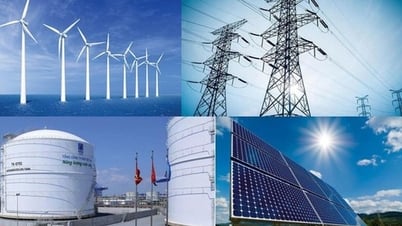
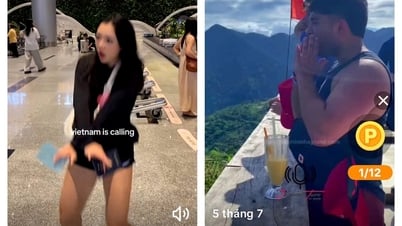
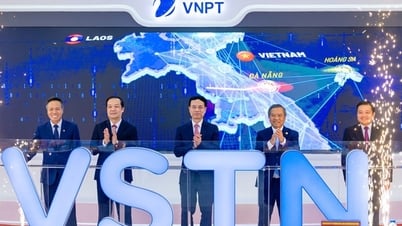

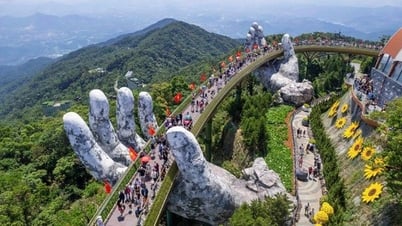

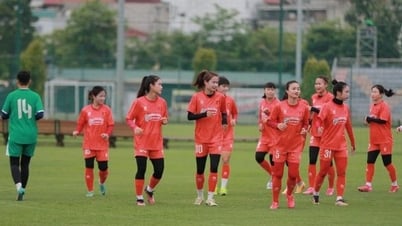
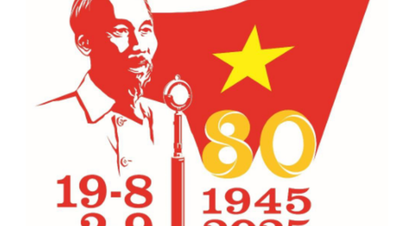
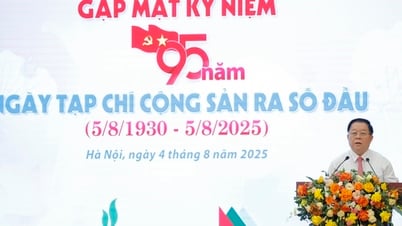
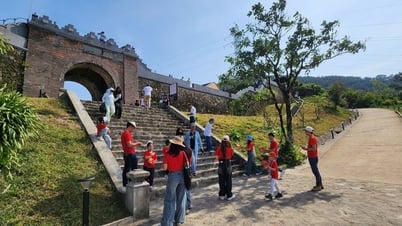

















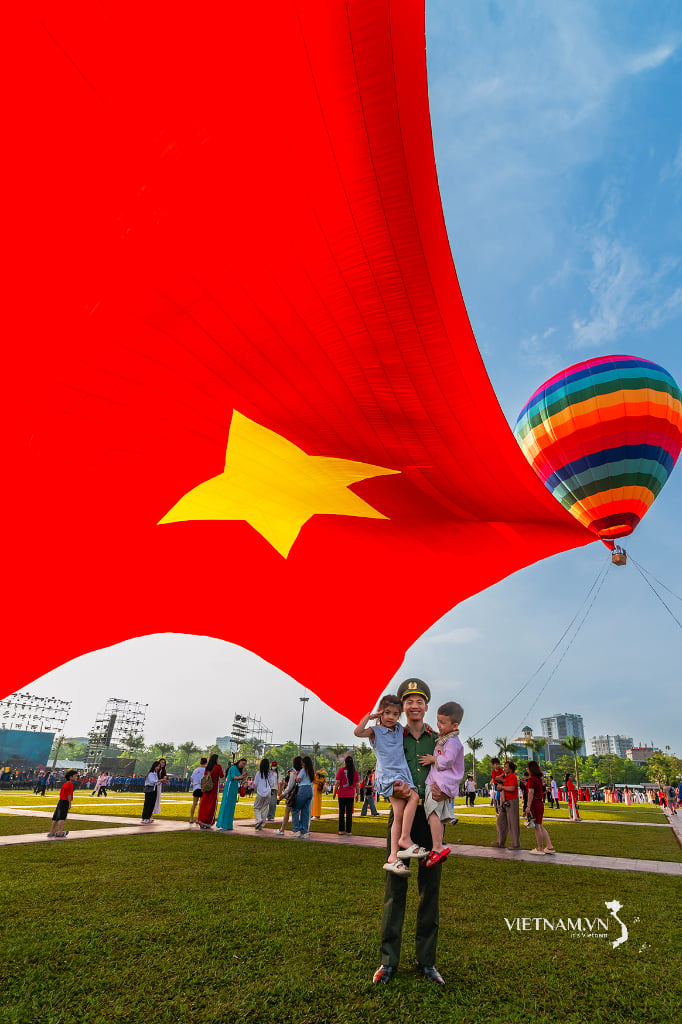

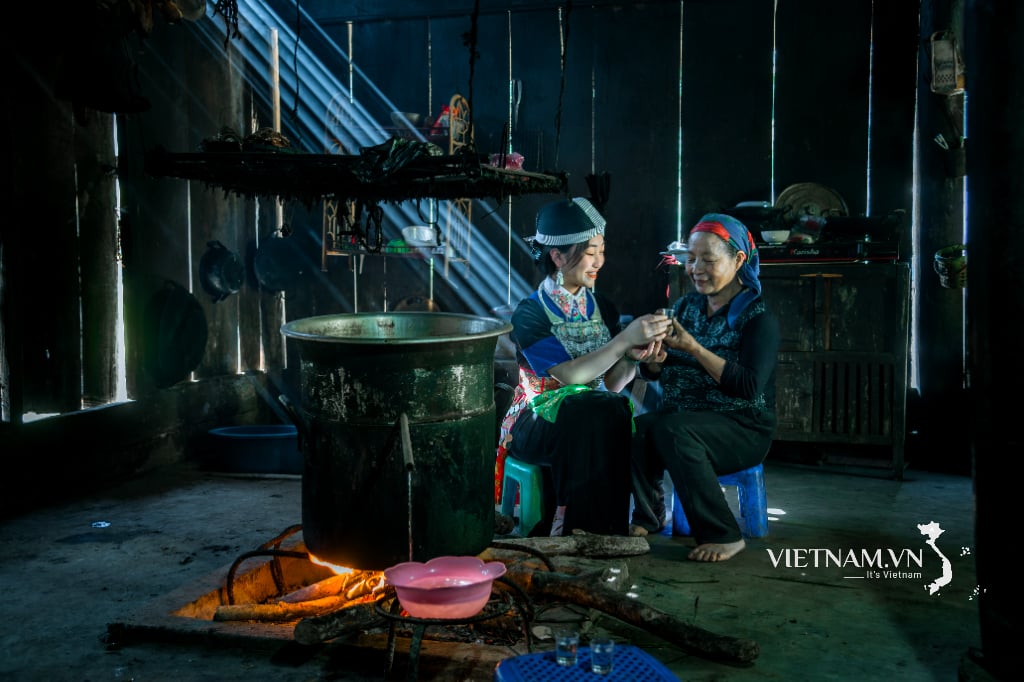

Comment (0)